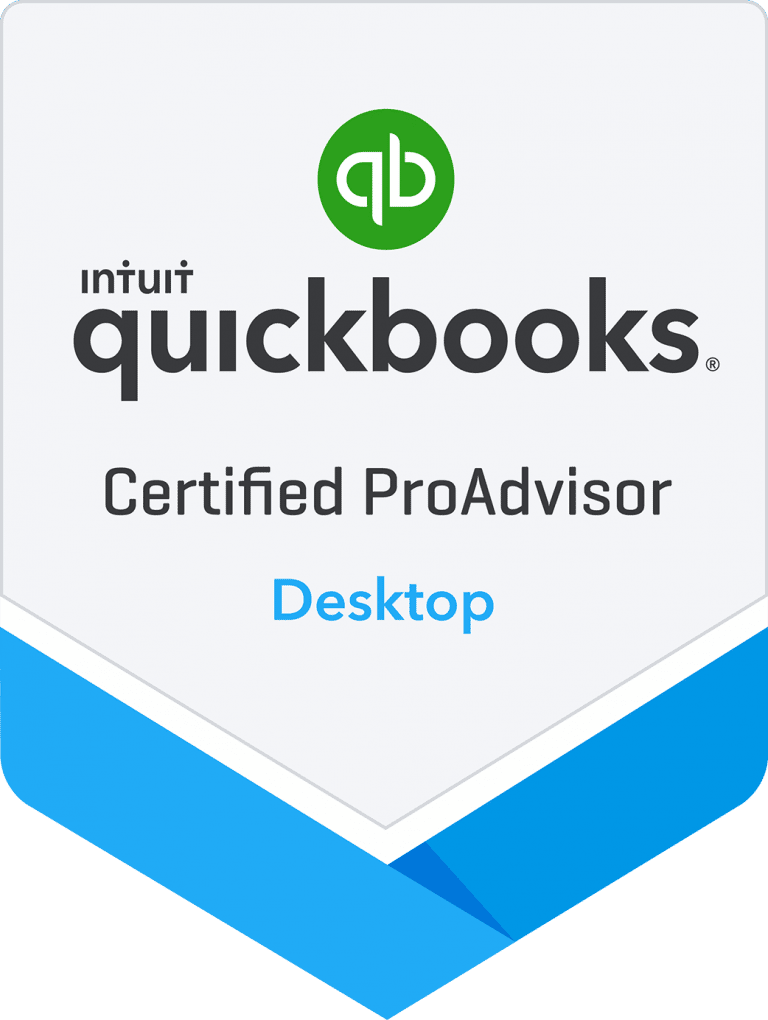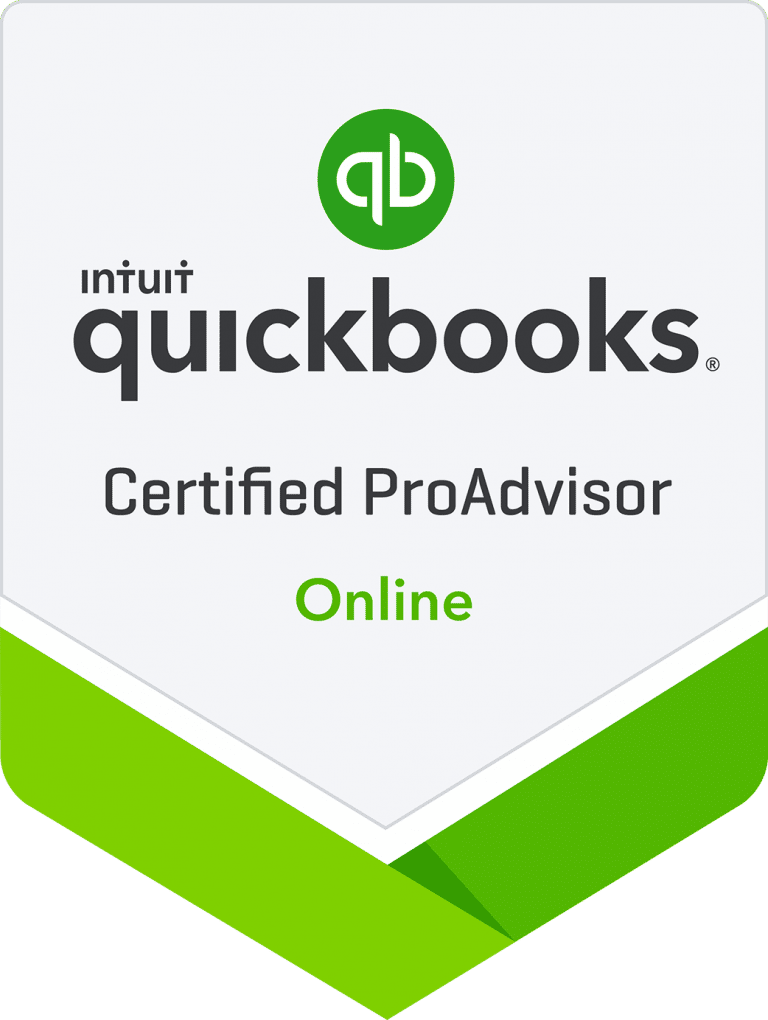
For example, one major advantage of business succession planning is that you will avoid excess taxes and debts.
Here, we will look at six areas that are important to consider for business succession planning.
6 Areas to be Considered in a Business Succession Plan

Planning for your Business Taxes
When you put a will together for your business, it is important to be aware of tax guidelines. This is especially relevant if you intend to retire at roughly the same time that you write your will.
For example, the pension lifetime allowance should not be exceeded when you retire. Otherwise, you could be subject to paying more taxes.
The Inheritance tax may also be a significant burden for the rest of your inheritors or heirs. You might think about giving some of your assets as a gift during the lifetime of your company.
Coming to Succession Agreements with Partners
In the event that something happens to one of your business partners, you need to consider if their spouse or children would take over control of that share of the business. If not, then a succession agreement could help the other business partners to continue the operations of your company while also allowing for compensation for the former partner’s family.
Solidifying the Structure of Your Business
If you pass away or you retire, the ownership and control of your company may have to be transferred to your family or to the surviving business partners. How straightforward this process is will depend on how your business operates, like through a trust, or a business, or without a separate entity at all.
Choosing Heirs of your Business
An important part of business succession planning is considering what will take place after you have to step down as the business owner. This means that you would have to plan for who the person will be to run your company.
Keep in mind that there is no guarantee that the beneficiary you choose would want to take over as the company owner. Because of this, you should consider several factors in determining who would be the right choice to lead your business.

- Are there a few candidates who it could be passed on to?
- Who sincerely wants to take over the business?
- Will there be any tax implications involved?
Power of Attorney
It is an all-too common occurrence that small businesses try to do too much without the advice and authority of the figurehead or primary decision-maker. This is why a Power of Attorney is vital to a well-thought-out succession plan.
It helps a business to physically operate if the owner is incapacitated due to injury or illness. Even if you have a business succession plan in place, it is essential that you review the agreements and insurance policies to ensure that they are up-to-date and represent the current value of the business.
Managing Risk
Similar to personal insurance, your business insurance can offer an array of protection like temporarily meeting the typical costs of operating your business – company expenses cover – or paying for a short-term replacement manager – examples are disability or trauma cover.
It might be a good idea to link the life insurance policy to the business succession agreement that provides the deceased partner’s family with the appropriate compensation for the transfer of business ownership to the surviving partners.

Look to PorterKinney for Business Consulting Services that Include Succession Planning
At PorterKinney, we provide business consulting services that will guide you through the process of succession planning for your company.
When you need to plan a will for your business, call on the business consulting experts at PorterKinney. We will help you establish a succession plan that will best serve the needs of your business.
If you are interested in having PorterKinney create a succession plan, we invite you to reach out to us on our website. You can also call us at our two offices in the Tri-Cities:
Richland, WA – Main Office – (509) 703-7300
Kennewick, WA Office – (509) 586-4194



